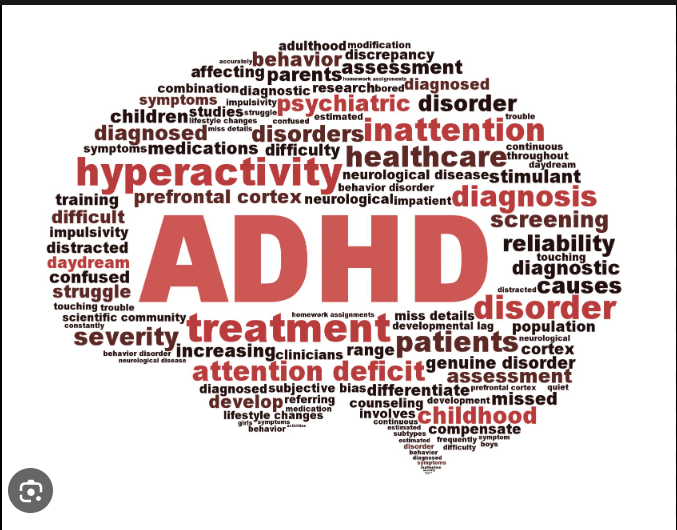ADHD isn’t just a kid’s condition. Signs of ADHD in adults may present differently.
Because ADHD is so closely linked to breathless kids running around a classroom and being unable to sit still, it’s common to think of ADHD as a “kids’ condition.” However, ADHD can have devastating effects on adults as well.
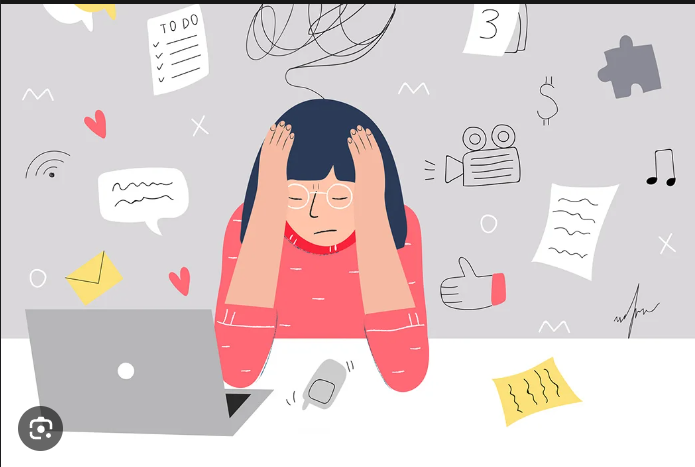
Also read-Yoga poses: The Best Yoga Poses for Male Pelvic Floor Health And Good Body
In fact, a 2019 study published in JAMA found that the prevalence of ADHD in adults is increasing. The study notes that, depending on a number of factors, including the racial and ethnic makeup of the patients, the number of adult ADHD diagnoses has nearly doubled over the past ten years.
What is ADHD?
Attention deficit hyperactivity disorder, or attention deficit hyperactivity disorder, is a condition that primarily affects school-aged children. However, it is now recognized as a lifelong disorder that can develop in adulthood and persist into adulthood. This is according to Dr. Michael Cooper, a psychiatrist based in Ohio who serves as the medical director of the therapy platform Innerwell.
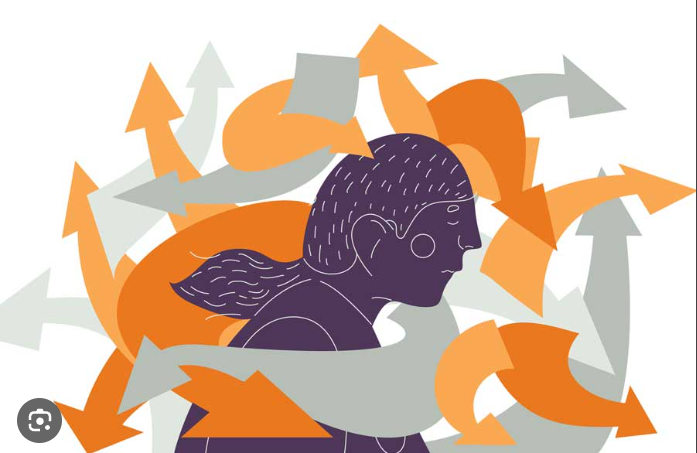
The main difference between attention deficit hyperactivity disorder in children and adults is how it presents itself, according to Emily Eckstein, vice president of regional operations at the mental health services provider Lightfully Behavioral Health in Los Angeles.
“While impulsivity and restlessness can persist into adulthood, youth hyperactivity typically fades,” the expert says. If left untreated, symptoms of attention deficit hyperactivity disorder can cause disruption and may even result in problems with depression, anxiety, and substance abuse. Cooper notes, “It has a negative impact on relationships and careers in addition to school performance.”
According to Dr. Eugene Arnold, professor emeritus in the behavioral health and psychiatry department at Ohio State University Wexner Medical Center in Columbus, attention deficit hyperactivity disorderfrequently results in issues with:
- Paying attention.
- Being able to shift your attention when you need to.
- Focusing on what you’re doing and finishing tasks
- Controlling impulses.
- Controlling motor activity.
Adult ADHD symptoms
In adults specifically, symptoms of attention deficit hyperactivity disorder can show up in certain ways, Cooper says. These may include:
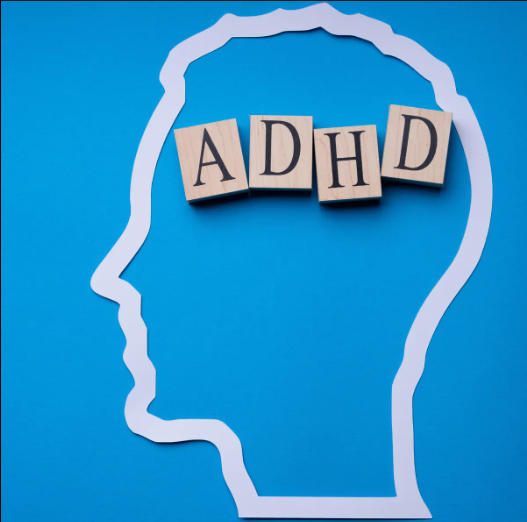
- An inability to focus on one task for an extended period of time
- Being unable to start or follow through on projects that require planning.
- Significant difficulties with time management.
- Trouble staying organized.
- Excessive daydreaming.
- Interrupting others.
- An inability to pay attention during conversation.
- Difficulty managing finances or spending
While these symptoms of attention deficit hyperactivity disorder in adults are common, Eckstein notes that they can vary. For instance, some people might exhibit restlessness, while others struggle with interpersonal relationships.
She also notes that attention deficit hyperactivity disorder is “not a permanent condition but instead one that can show up in a different way throughout the different life cycles.”
ADHD symptoms can also completely disappear as you age.
Diagnosing ADHD
According to Cooper, doctors usually perform a comprehensive medical and psychiatric history before diagnosing ADHD.
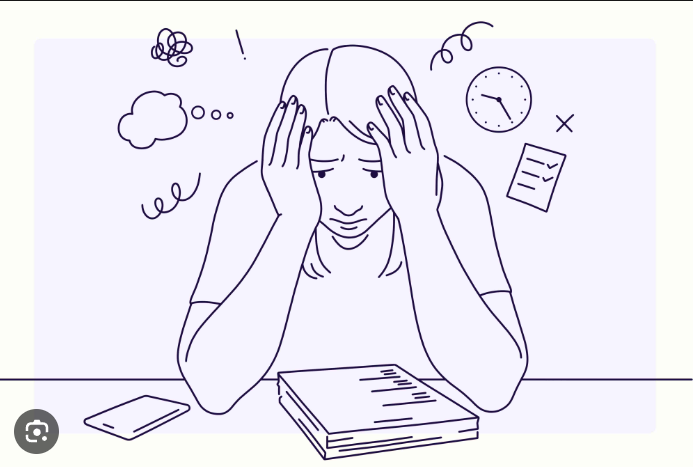
According to Arnold, doctors can consult the Diagnostic and Statistical Manual of Mental Disorders, which includes a list of nine inattentional symptoms. Three of these have to do with impulsivity, and six have to do with hyperactivity. All of these symptoms, though, can also be present in other illnesses.
For example, impulsivity, restlessness, and hyperactivity are traits of bipolar disorder. Despite their significant differences, bipolar disorder and ADHD have certain symptoms in common. Problems with attention and concentration can also result from mood disorders like depression and chronic sleep deprivation.
Because of this overlap in symptoms, ADHD is often referred to as a “diagnosis of exclusion.”
“Clinicians must ensure that symptoms concerning ADHD aren’t better explained by other medical or psychiatric conditions,” Cooper explains.
This can sometimes be accomplished by speaking with family members or significant others, as they’re often the first people to notice symptoms. Physicians may also ask if you struggled with any symptoms in grade school.
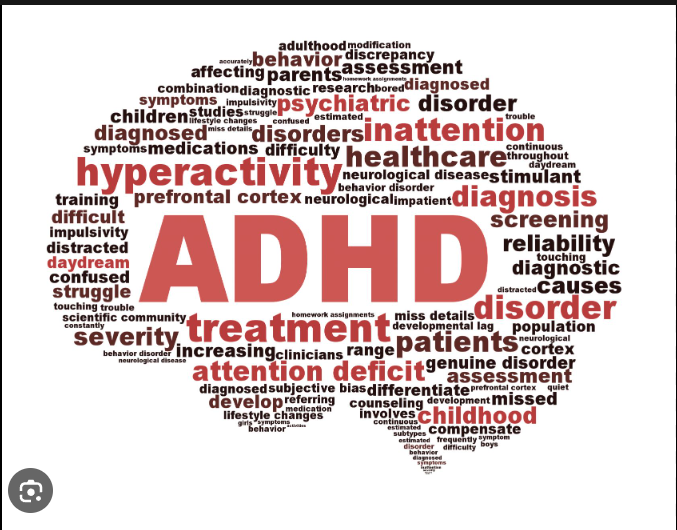
“Signs of ADHD are often but not always present in childhood,” Cooper says.
Eckstein adds that in some cases, “adults maintain a diagnosis of ADHD without a proper diagnostic evaluation, leading to dependence on stimulant medication that is not needed.” So, making sure you’ve got the right diagnosis at all stages of life is important.
When to see a doctor for ADHD
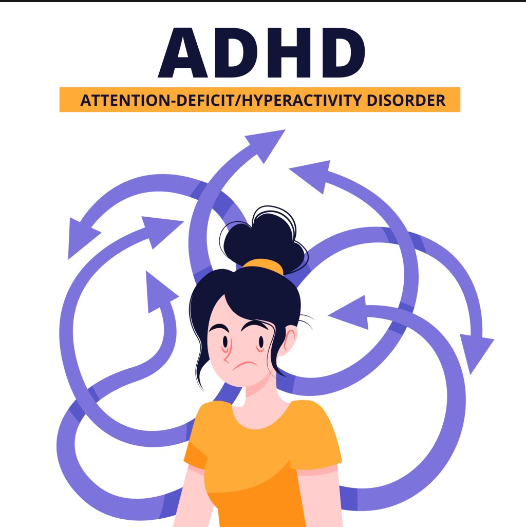
- Activators. Both Ritalin (methylphenidate) and Adderall (a combination of amphetamine and dextroamphetamine) are central nervous system stimulants that can aid in controlling brain chemicals linked to attention and thought processes. While Adderall appears to function better for adults with ADHD, Ritalin is frequently prescribed for children. This is at least the finding of a 2018 study published in The Lancet Psychiatry. The usefulness of stimulants for older adults with ADHD was also mentioned in a 2020 study published in the Journal of Attention Disorders.
- Nonstimulants. Wellbutrin (bupropion), Strattera (atomoxetine), or Intuniv (guanfacine) are all nonstimulant medications that have cognition-enhancing effects for some people.
According to Cooper, nonmedication-based strategies like behavioral therapy, meditation, and psychotherapy can occasionally be successful in treating ADHD on their own or in combination with medication.
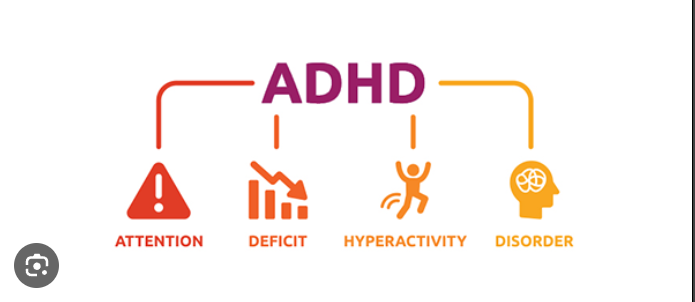
Cooper advises discussing all of your symptoms with your doctor, even if they don’t seem to be related to ADHD, like weariness or trouble falling asleep.
He clarifies, “They can get a complete picture of your situation and decide how to help you the best they can.”
Also read-Cycle Syncing: Is Cycle Syncing With Workouts For Good Health And Body
images source: Google
Disclaimer: The opinions and suggestions expressed in this article are solely those of the individual analysts. These are not the opinions of HNN. For more, please consult with your doctor.







